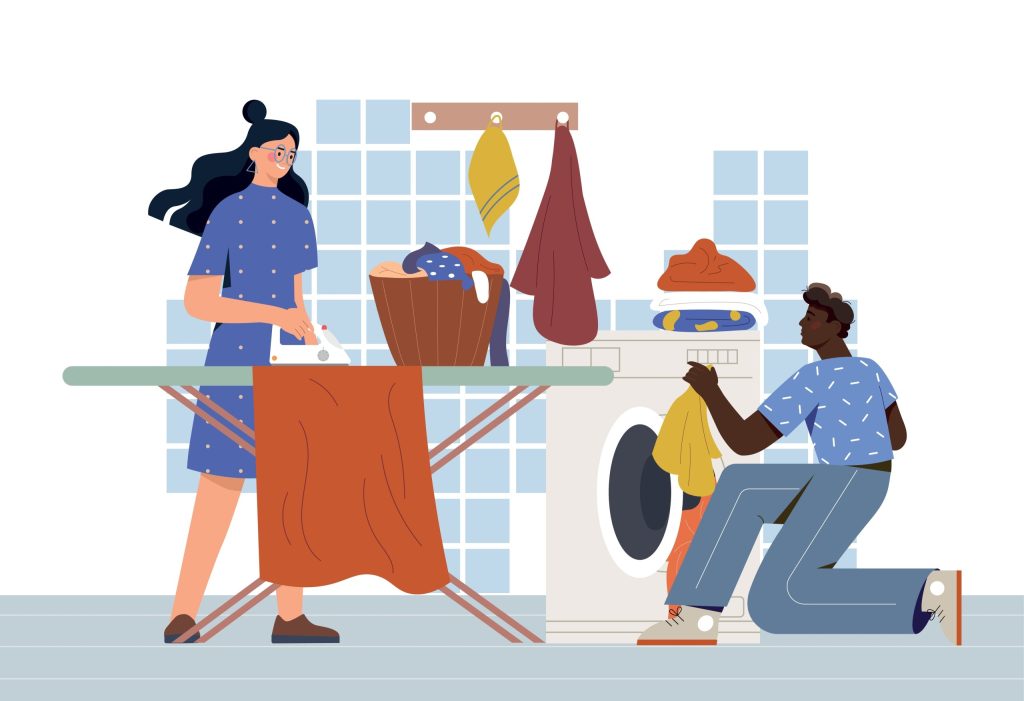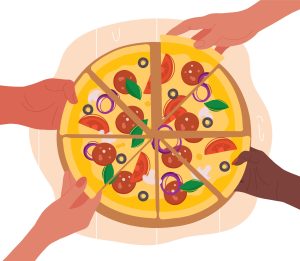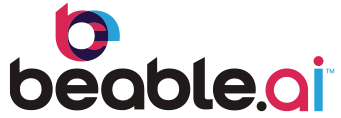Below is a lesson that gives an overview of different forms of work. Consider reading it with your child and using the discussion questions to generate conversations about work.
What is Work?
Work. It sounds simple, right? Not so fast! Work is more than just a job or career—it’s any effort you put in to accomplish a goal. Work comes in all shapes and sizes. It could be your part-time gig babysitting or mowing lawns. Or it could be doing homework and studying. And don’t forget tasks at home, like doing chores, helping siblings with homework, or taking care of pets. Whether you’re earning money, learning new skills, or contributing to your household, work is an important part of our lives.
Working is good for you. It’s true! When you take on tasks, you’re learning to be responsible and independent. Plus, the things you’re practicing now might even lead to a future career. Love cooking? Who knows, you might become a chef one day!
How do you know when you’re doing a good job at work? The people you work for will usually show it. They might say, “Good job!” or even give you more responsibilities. They might also recommend you to their friends. And if you’re really doing an exceptional job, people might even start paying you more!
But being successful at work isn’t just about money. For most jobs, you’ll need to develop soft skills like:
- Self-Management: You control yourself, use your time wisely, and manage your emotions without needing others to tell you what to do.
- Teamwork: You work well with others, like in gym class or group projects. When the team wins, you win too. Even if you don’t play that game.
- Communication: You clearly explain your thoughts and ideas, whether in writing or when speaking.
Every bit of work you do now, even if it doesn’t seem connected to a career, is super important. You’re practicing valuable soft skills with every task. Every effort you make today is paving the way for a brighter future. Keep up the great work!
Family Discussion Questions:
- Why do you think it’s important to recognize and value all types of work, even those that are not paid or part of a regular job?
- Why is it important to learn to manage your time and emotions while working? How do you practice these skills?
- What are some tasks you enjoy doing at home? What are some of your least favorite chores?
- Can you think of a way that helping at home (like doing chores) has taught you something useful for school or a future job?








